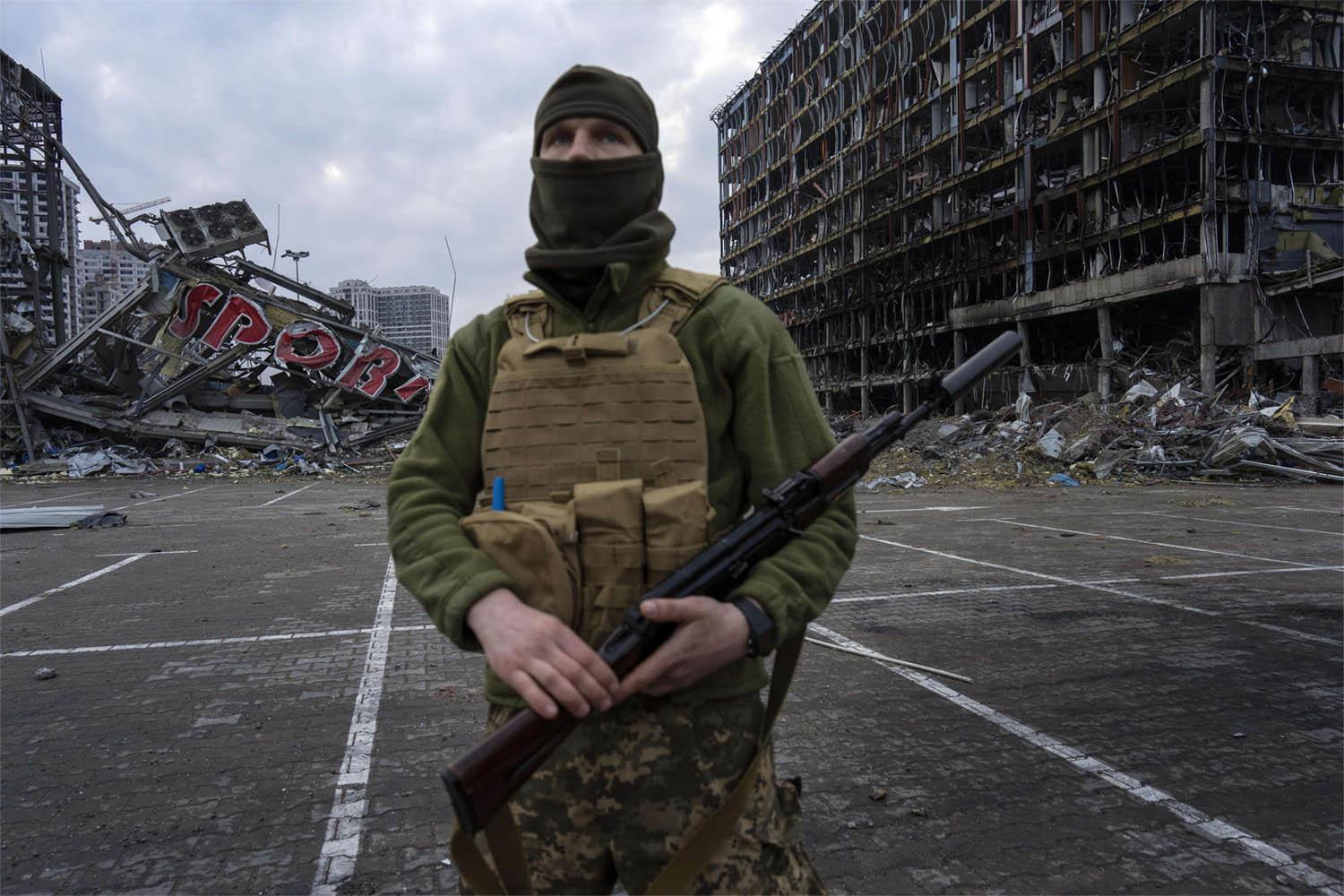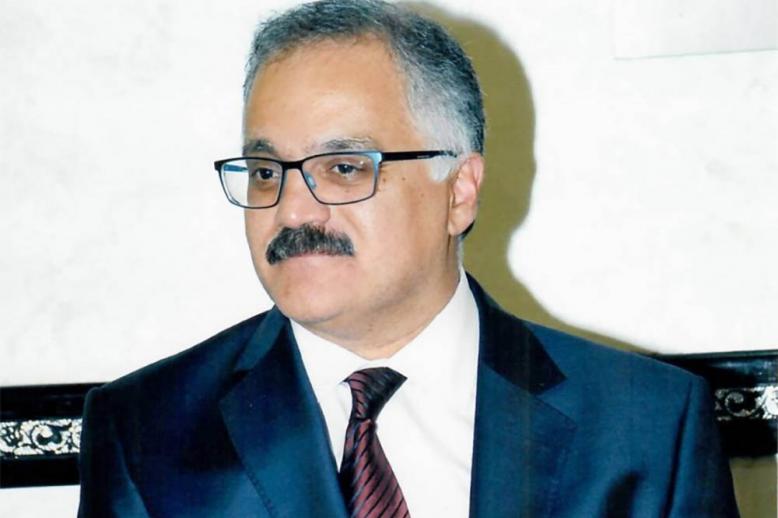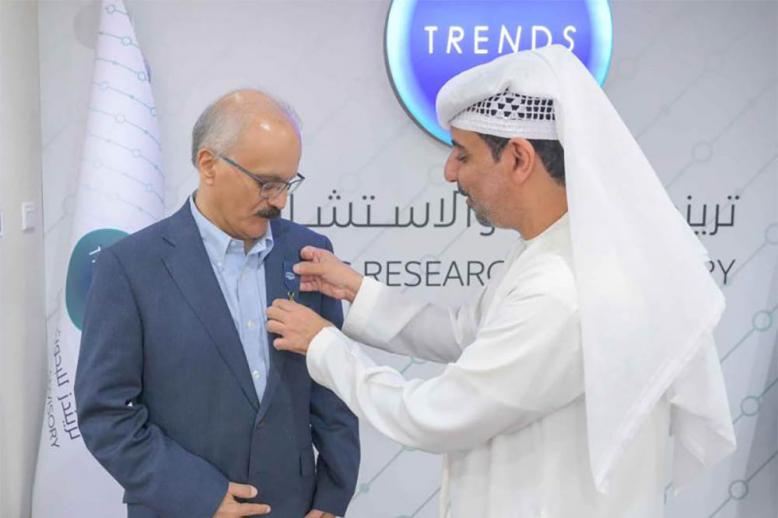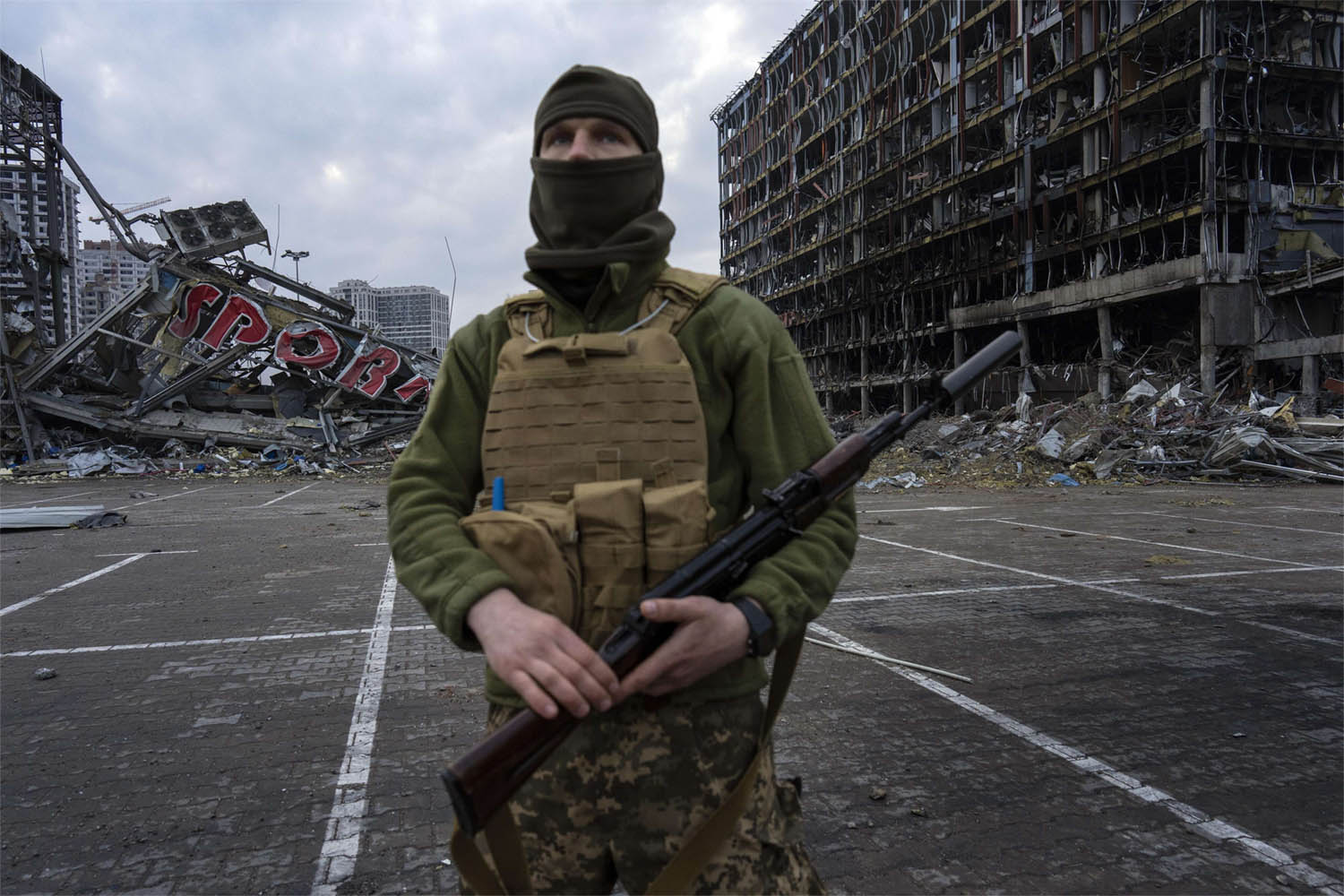Foreign fighters: a legal and political framework of the phenomenon
The use of mercenaries in wars is undoubtedly deeply rooted in the history of mankind. Mercenaries have been known since time immemorial. They present a transhistorical and transgeographical phenomenon.
During most of the modern era, their role has decreased, especially since the emergence of the state in the modern sense after the Peace of Westphalia (1648) and the building of national armies. But since the end of the twentieth century and the beginning of the twenty-first century, the phenomenon has increased by leaps and bounds.
The so-called foreign fighters have participated in several wars and conflicts, most recently in the war in Ukraine. Thousands of fighters from Syria, Chechnya, America, Africa, and Europe are said to be fighting alongside Russian forces, which officially allow foreign “volunteers” to fight, or alongside Ukrainians as part of the so-called International Legion.
The question of mercenaries or foreign fighters is not bereft of irony. Western media speak of “volunteers” fighting for “good” against “evil” and Western governments use the term for those who join the Ukrainian side, while the term “mercenaries” is used for those fighting alongside Russian forces.
On February 27, Ukrainian President Volodymyr Zelenskyy announced the formation of a foreign regional defense corps, exempted mercenaries from his country’s visa requirements, and promised generous payments. Several European countries, including the UK, Denmark, Latvia, Poland, and Croatia, have allowed their nationals to participate in combat operations on Ukrainian territory. Fighters from the so-called Kosovo Liberation Army (KLA), considered a terrorist organization even in the US, have also volunteered to help the Ukrainian president.
On the Russian side, Defense Minister Sergei Shoigu said that 16,000 fighters from the Middle East were ready to fight for the Russian army in Ukraine and that President Putin had given the order to let them participate in the ongoing war. Some say the use of mercenaries is an alternative for the unreadiness of regular armies to fight in guerrilla wars, cities and streets.
It is also a way out of embarrassment when the death toll rises. Mercenaries do not report the number of their casualties because they are often unknown elements, or they are treated as such. Mercenaries or foreign fighters fight for various reasons. The main reason is to get money.
Now, it is very dangerous to allow this phenomenon, which runs contrary to international law, to grow and spread. These elements can cause chaos and unrest in the countries where they operate or go across the borders to other countries to look for opportunities to kill for money.
Safe to say that the phenomenon of mercenaries or foreign fighters will not help weaken the role of national regular armies. This for reasons and considerations related to identity, philosophy of action, safeguarding national interests and sovereignty of states, far from violations, abuses and other abusive practices involving mercenary gangs that often operate outside the law.
By contrast, the regular armies of states operate according to rules of engagement and within the framework of values and principles that govern the policies and direction of their states. However, the issue of the increasing reliance on foreign fighters or mercenaries is that it reflects a narrowed perspective of interests that does not take into account the consequences of using these elements and does not answer the question of what happens after the conflict and where they go.
Terrorist organizations have a large reservoir of individuals to use in their criminal operations or to train their members, and pass on the knowledge acquired by these mercenaries to terrorist elements in various combat zones.
In Syria, for example, has become a huge camp of mercenaries, as several international and regional parties have used their services in wars and conflicts such as in Libya, Ukraine, and elsewhere. If countries that invite these foreign fighters to enter their territories without visas or even passports, as is currently the case in Ukraine, consider them as supporters of their resistance, the presence of these elements, assuming the end of the fighting, carries greater losses in the long run.
What is particularly concerning, all demands and plans for the use of mercenaries in Ukraine come about unchecked by international law, as represented by the UN and its specialized agencies.
This contradicts UN Security Council Resolution 2178 of September 2014, which states that member states should prevent and prohibit the recruitment, organization, transfer or equipment, financing, and travel of terrorist fighters.
The resolution further states that the Monitoring Group is requested to report to the Committee on recent developments regarding the threat of foreign terrorist fighters recruited by Daesh, Jabhat Al Nusra, and all Al Qaeda affiliated or associated groups, institutions, and entities.
Although the resolution refers to terrorist organizations, it applies to the overall phenomenon of foreign fighter and is widely interpreted to include them. More seriously, the violation of international law in this context is not limited to any particular party, but involves several states that have opened the door to so-called voluntary engagement in the Ukraine conflict, even though the combination of this voluntary engagement with generous public financial commitments contradicts the concept of voluntarism and places the whole thing under international law.
There is, as we know, an international convention against the recruitment, use, financing, and training of mercenaries. The Convention defines the term “mercenary” as a person “specially recruited locally or abroad in order to fight in an armed conflict[,] motivated to take part in the hostilities essentially by the desire for private gain and, in fact, is promised, by or on behalf of a Party to the conflict, material compensation [and] is neither a national of a Party to the conflict nor a resident of territory controlled by a Party to the conflict[.]”
Since the Convention links the term “mercenary” to material services, most of which are currently provided under the name of “volunteer work,” in order to avoid violating international law, most of these cases violate this law in essence. All this will do, though, is lead to further chaos, violence, and unrest, even when an agreement is reached to formally end the conflict.
Salem AlKetbi, UAE political analyst and former Federal National Council candidate






